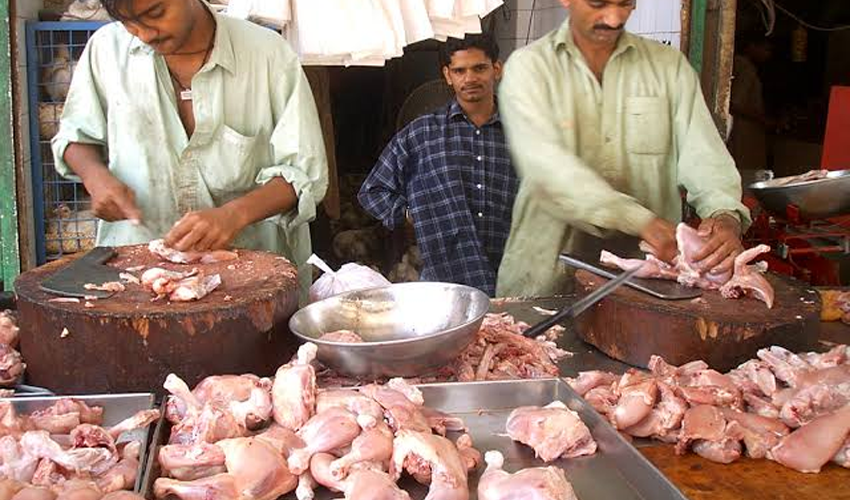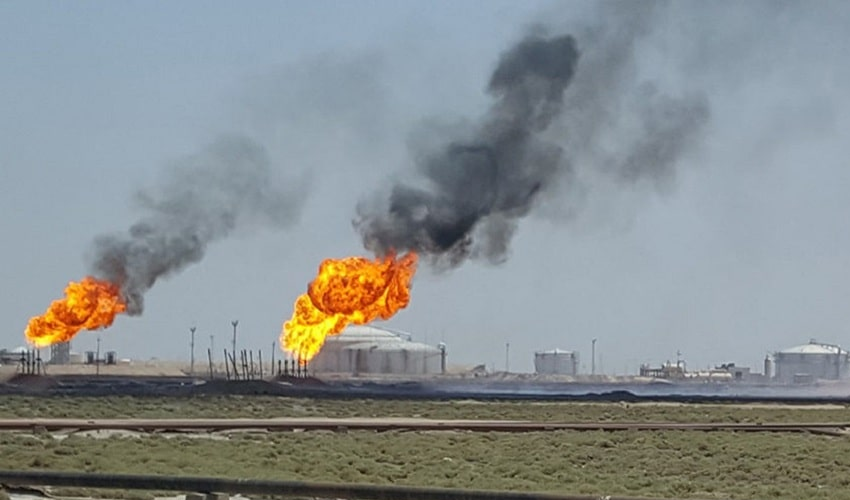In a concerning development for consumers and the poultry industry in Pakistan, chicken prices likely to increase in the coming months
This surge in prices is primarily attributed to the federal government's ban on the import of genetically modified (GM) soybeans in October 2022.
Since the ban on GM soybean imports, chicken prices in Pakistan have surged by more than 35%. This significant price hike has left consumers grappling with the economic strain of higher food costs.
Industry experts are warning that the situation may worsen in the coming months, with Khalil Sattar, the owner of K&N’s, predicting a substantial surge in chicken prices in 2024. The ban on GM soybeans, a key component of poultry feed, continues to disrupt the industry's supply chain.
Decreased imports of grandparent stock
Another critical factor contributing to the poultry industry's woes is the drastic reduction in annual imports of grandparent stock (GPs). GPs are essential for producing parent stock, which, in turn, leads to the production of broilers for consumption.
This year, Pakistan's annual GP imports have plummeted from 267,000 birds to a mere 65,000. As a result, the country may face a staggering 76% reduction in broilers available for consumption compared to the previous year.
Soaring soybean prices
The ban on GM soybean imports has caused soybean prices to skyrocket in Pakistan, increasing from Rs. 160-170 per kg to Rs. 460-470 per kg. This steep price increase has forced approximately 40-50% of farmers and mill owners to shut down their operations due to the unaffordability of essential feed ingredients. Consequently, poultry growth rates have been severely impacted, with birds now taking at least 18 days longer to reach maturity.
Ghulam Khaliq, Senior Vice Chairman of the Pakistan Poultry Association, emphasized the importance of importing soybean meal rather than soybean seed. He predicted that chicken prices could potentially drop by 40% once the Ministry of Food Security and Research allows the importation of soybean meal.
As consumers continue to grapple with rising food costs and uncertainties in the poultry industry, the government's approach to managing the soybean import ban and addressing the challenges faced by farmers and mill owners remains a matter of significant concern.



























